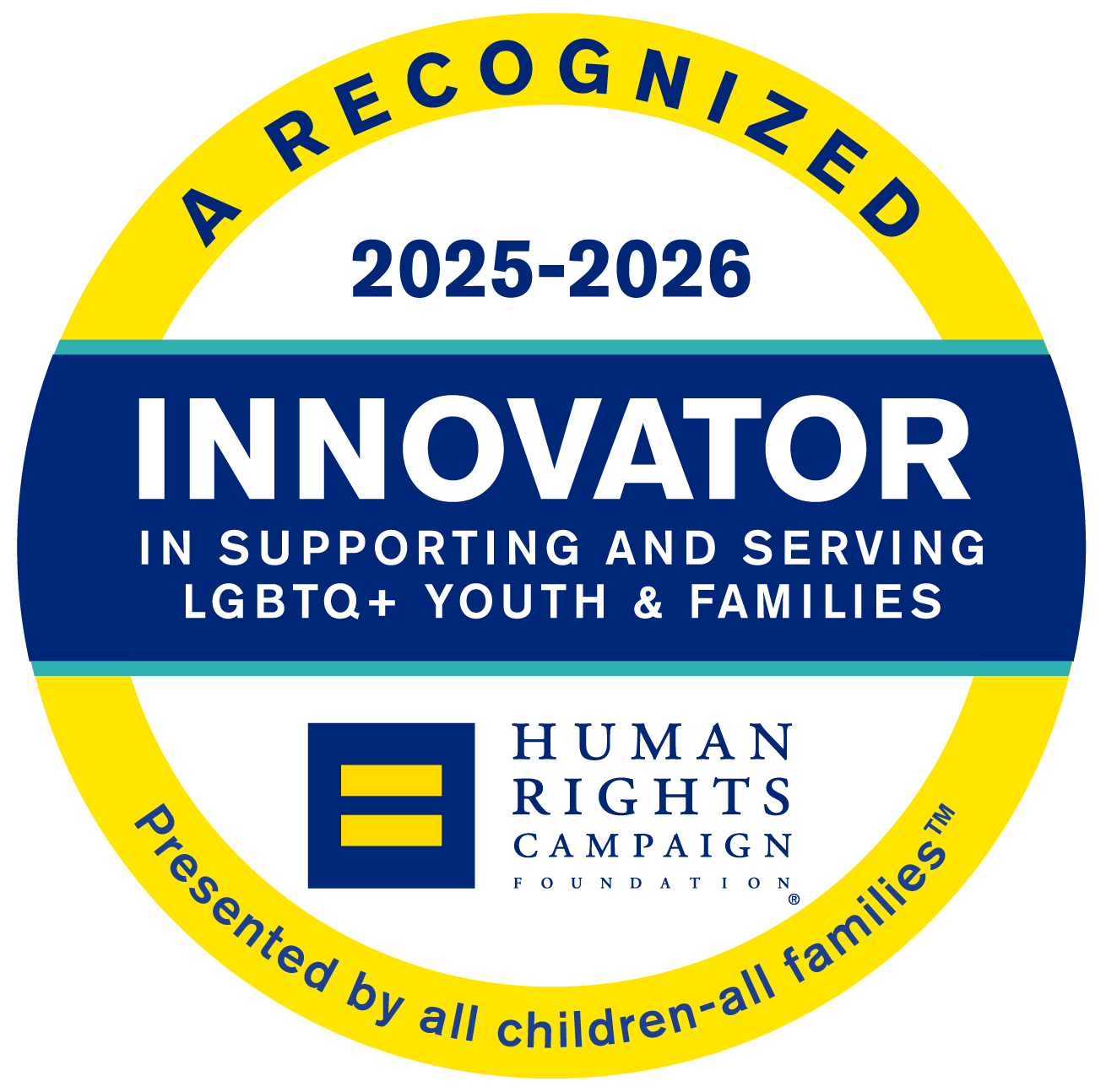Code-switching
— BRAVE CONVERSATIONS SERIES —
A Deliberate Approach to Diversity, Equity, and Inclusion
Lawrence Hall’s DEI Committee strives to ensure Lawrence Hall is a diverse, equitable environment of belonging and inclusivity. Having “brave conversations” about diversity, equity, and inclusion (DEI) in the workplace is a necessity for healthy company culture and requires honesty, compassion, and self-reflection of all involved. Our Brave Conversations Series highlights topics not normally discussed but that have deep, personal impacts on our staff, youth, families, and communities.
February is Black History Month and presents an opportunity to have brave conversations about the Black experience. Our next conversation is around code-switching.
It’s never easy being “the other.” As a result, it becomes second nature for people to alter their appearance, speech, and behavior just to fit in with the majority group.
The process known as code-switching is “shifting from one linguistic code (a language or dialect) to another, depending on the social context or conversational setting.” Its meaning has broadened to include all forms of communication and expression. For example, you may speak more casually at home than you do at work. But for Black people, code-switching is far more complex.
What is code-switching?
Wanting to fit in and be comfortable, BIPOC learn to assimilate cultural norms by “de-emphasizing a negatively-valued identity and replacing it with a positively-regarded identity,” also known in psychology literature as identity shifting [Dickens and Chavez, 2018, p. 761].
For many Black people, constantly focusing on changing themselves to make White people feel comfortable can be exhausting and unhealthy.
Data indicates that with Black professionals who tend to code-switch more frequently, also report significantly more workplace fatigue and burnout from their current positions. Simply, because they must be a different person and hide parts of their culture that they probably value and appreciate internally. But they realize that those same traits aren’t valued in their workplace. So they have to bring a completely different person to the workplace and basically keep that personality on throughout the workday.
What are examples of code-switching?
W.E.B Dubois wrote on the concept of code-switching more than a century ago, when he wrote about African Americans reckoning with dual identities “Blackness and American-ness” while navigating everyday Whiteness in his most celebrated book, The Souls of Black Folk.
It’s the premise of the 2018 film Sorry to Bother You, which helped bring the concept back into America’s racial discourse. The protagonist struggles to make sales in his new job as a telemarketer, until his Black colleague suggests: “Use your white voice.”
Infamously, when Barack Obama was meeting the Olympic basketball team for the USA, the players and the coaching staff, you can see his handshake differs simply based on the race of who he’s greeting. With White individuals and coaching staff, it’s a very standard American handshake. But when it’s a Black player on the team, he’s dapping it up with the players. This was notoriously depicted in a skit on the television show Key & Peele.
When a Black person cannot effectively code-switch, the results can be damaging. The star witness in the 2013 George Zimmerman trial, Rachael Jeantel, was on the phone with Trayvon Martin moments before he was killed. When she spoke in court, the 19-year-old’s testimony was largely being judged on her mannerisms and style of speaking. Ultimately, George Zimmerman walked free.
Interacting with police is a clear example where code-switching can be the difference between life or death. Police officers tend to already perceives a Black male as threatening, code-switching is an extremely effective way to alleviate some of that anxiety and can become a for of self-protection.
What can you do?
Professionalism should require mutual respect, not assimilation to a single specific set of behaviors. Everyone— especially those in leadership or supervisory positions—should seek out and recommend professional development opportunities on cultural competencies.
Understand and listen to the variety of experiences of the people around you, in particular those of your BIPOC colleagues. Accept BIPOC colleagues for who they are. By doing so, you’ll show everyone around you how to change the culture rather than changing the people. By working together, we will become better together.
The more we assimilate, the less diverse our knowledge and our ideas become.
FURTHER READING
TED TALK: CHANDRA ARTHUR – The Cost of Code Switching
Cultural Invalidations & Racial Code Switching: What are the Psychological Implications?
Harvard Business Review: White People Prefer For Black People to Code Switch at Work
Harvard Business Review: The Cost of Codeswitching
MOVIES
CodeSwitching: Race and Identity in the Suburban Schoolhouse (2021) directed by Jonathan P. Schwartz and Mike Mascoll
Hollywood Shuffle (1987) directed by Robert Townsend
Dope (2015) directed by Rick Famuyiwa
Sorry To Bother You (2018) directed by Boots Riley
Dear White People (2014) – directed by Justin Simien
Blindspotting (2018) directed by Carlos Lopez Estrada
BOOKS
You Are Your Best Thing
Tarana Burke & Brené Brown
Despite the Best Intentions: How Racial Inequality Thrives in Good Schools
Amanda E. Lewis and John B. Diamond
The Art of Code Switching in (Black) America: Professional Leadership (Working Black in Corporate America)
Michelle Weathersby
African American English and the Achievement Gap: The Role of Dialectal Code Switching
Holly K. Craig
MUSIC
“I” | Kendrick Lamar
“Burn Hollywood Burn” | Public Enemy
“Express Yourself” | NWA
“Bring The Noise” | Public Enemy
PODCASTS
Search
Categories
- Blog (17)
- Grants and Awards (5)
- News (77)
Lawrence Hall is a 501(c)(3) organization. Gifts are deductible to the full extent allowable under IRS regulations.
©2025 Lawrence Hall All rights reserved. Site Construction by WorkSite









